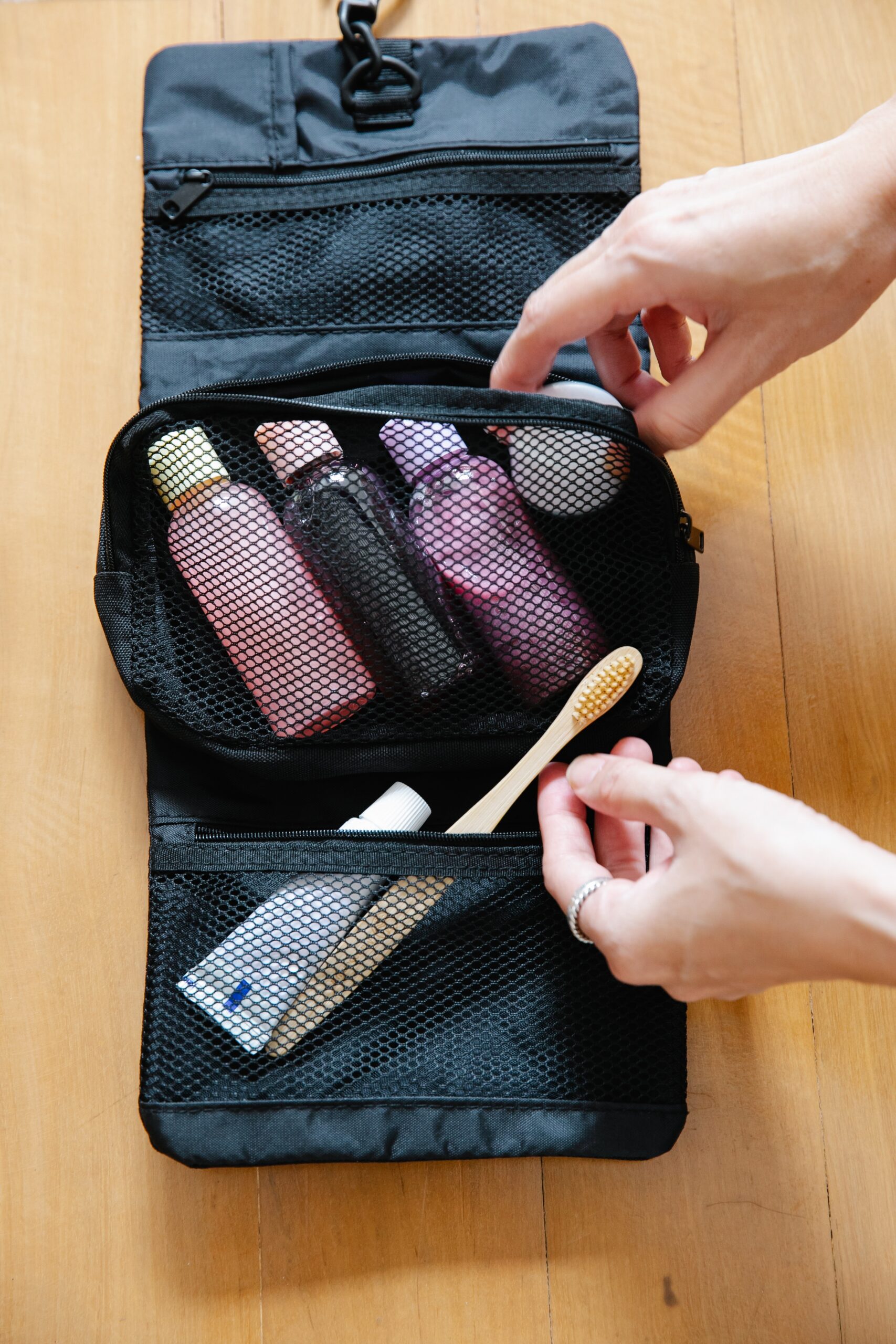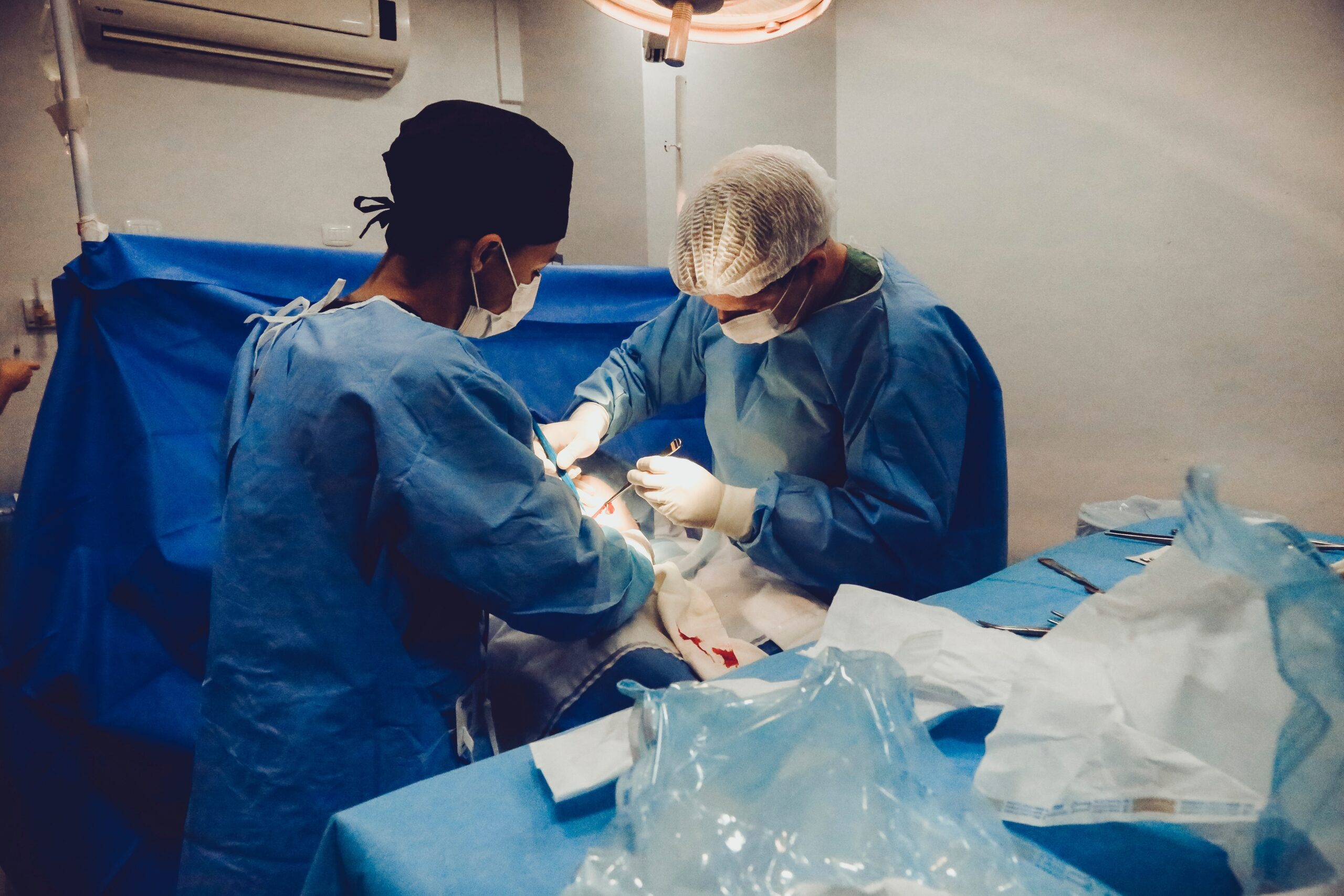Have you been diagnosed with a medical condition lately or have been battling one for quite a while now which requires you to finally be admitted to the hospital? You may be wondering what the procedures are in Japan and what things you need to prepare and bring with you during your hospital stay. Read this article to gain more in-depth knowledge on what it’s like being hospitalized here as a foreign resident.

Go to a specialized clinic
If you are experiencing any symptoms, first make sure to go to a clinic that specializes in treating your condition. There are dozens of clinics that focus on different fields such as ENT, Gastroenterology, Orthopedics, Urology, Psychiatry, and so on. You only need to present your Health Insurance Card (保険証) upon entering the clinic. The staff will provide you with a questionnaire to fill out and give you your Clinic Membership Card, which you will need for every visit. Most clinics have a reservation system but plenty allow walk-ins as well. Make sure to check their website to learn more about their procedure. To learn more about going to clinics, click here. If you are in an emergency situation, please call 119 ASAP.
It is best to bring a Japanese friend with you if you don’t speak Japanese well so that you fully understand the steps you would have to go through in this whole process.
Ask for a referral to a larger hospital
If your situation doesn’t improve after going to the clinic countless times and taking prescription medication, then maybe it’s time for you to move to the next step. Your clinic may write a referral letter for you to go to a private or university hospital since it is customary in Japan to have an introduction letter before consulting with a larger hospital. There are, however, also private clinics located within many hospitals that cater to first-time visitors without needing a referral if it doesn’t require a more strenuous form of treatment and tests that require you to be admitted right away.
If you are in need of surgery, it might take 1 to 6 months for your operation to be scheduled, as most hospitals are fully booked and on a strict reservation basis. In Japan, it is almost discouraged to go through surgery unless your condition has severely worsened so expect to be prescribed different types of medication and be asked to come back every 2 weeks to discuss the efficacy of the medicine.
There is usually a pharmacy within a few blocks from the clinic/hospital where you can get medicine using your prescription. Pharmacies usually offer to give you a medicine book where you can keep tabs on all the medications you are taking for future review.
Discuss the treatment/surgery with your doctor

To learn more about your condition and what appropriate measures to take, it is not uncommon for doctors to order several tests to be performed on you such as CT scans, blood tests, urinalysis, ECG, Barium exam, X-rays, and more. These tests are typically done on different days and you may be asked to go to the hospital several times for these tests to be fully completed. Depending on your condition, you would need to do other scope tests as well to have a better understanding of the condition of your internal organs using a highly sophisticated camera.
After finishing all of the tests, your doctor will give you different treatment options and lay out all the pros and cons of each of these procedures. Doctors mostly print out a bunch of paperwork that ranges from consent forms to thorough explanations of your procedure, and more for you to review and fill out. If you have any reservations due to religious or cultural beliefs, it is best to inform your doctor during this time.
Hospitalization Procedure
After speaking with your primary physician, you will be asked to go to the Hospital Admission Center within the hospital to talk to the staff about your upcoming admission. They will typically hand you documents, which you need to fill out and sign. Most of the time, they only need your health insurance card, membership card, your signature, or hanko as well as your name and date of birth so don’t be too alarmed by this, as this is completely normal.
This is also the best time to ask for more information regarding insurance coverage, costs of the operation/hospitalization, and government subsidy. There is a salary bracket system that charges you depending on which category you fall into. The cost of your hospitalization largely depends on your income as well as what insurance you have so take your time asking any questions you may have. You will also be asked to cut your nails, remove any type of jewelry, use no makeup, and more.
Meanwhile, the staff will provide you with dates of your admission as well as your choice of room, clothing and toiletries set, and a list of items you need to bring on the day of your admission.
A lot of hospitals provide communal rooms with individual privacy curtains that are free of charge and are shared by 5-6 people that also include your own TV and mini refrigerator. People in several rooms share the bathrooms and toilets so there is a reservation system for showering or using the bath.
There are also semi-private or private rooms that include all basic amenities plus a private toilet and bathroom. On the other hand, these rooms are not free and range from 10,000 yen up to 30,000 yen per night. Note that the cost of the rooms is generally not covered by insurance so you would need to pay for this out of your own pocket.
Just a reminder; In most hospitals, visits are only allowed 15 minutes a day in the Visiting Area of your ward as a precautionary measure for COVID-19.
Essential items for your hospital stay

If you have chosen to avail of their Pajamas Set that comes with body, face towels, and toothbrush, then you may not need to prepare a lot of clothes since you can request a new set of fresh pajamas/towels every day. Regardless, bring a few changes of clothing and socks just in case.
Here is a list of things that hospitals recommend you to bring:
- Sufficient amount of masks
- Sanitizer
- Medicine book
- Medication (you take on a regular basis)
- Shoes (no slippers allowed)
- A clock and calendar (these are for patients who will have general anesthesia)
- Toiletries (shampoo, body wash, etc.)
- Surgical wear
- Eyeglasses (if you wear any)
- Personal Water Bottle
Additional necessities that may come in handy:
- A box of tissues
- Sleeping Masks
- Earplugs/earphones
- A small fan! (It can get really hot in the communal ward)
- Pocket Wi-Fi (The ward does not have Wi-Fi unless you are in a private room. There are Day Rooms or lounges if you need to make a call or use the internet)
- Moisturizers
- A small bag for your laundry or bath essentials
- Comfortable Pillows
- Power strip/Gadgets to keep you entertained
Admission Day

Patients are usually admitted at least 2 days before their scheduled surgery to prepare them. You will have to do a repeat of blood tests, CT scans and X-rays, ECG, and breath-holding tests to ensure that nothing goes wrong upon administering the general anesthesia. You will also be required to fast right after lunch a day before your scheduled operation. Most hospitals in Japan give you laxatives as well.
Surgery care

Before your surgery, you will be asked to change into surgical clothing prepared by the hospital staff or sometimes ones you purchased ahead of time. This includes T-Pants (a soft disposable type of underwear) compression socks and more. After your surgery, you will immediately be taken to the ICU for at least 24 hours or when the attending physician gives you the go-signal to return to your room and that your condition has stabilized. You are not allowed to use your phone in the ICU so let your family or friends know before you are wheeled into the operating room so they don’t get too worried about your lack of communication after your surgery.
After returning to your room, the nurses will regularly check your body temperature, blood pressure, and heart rate to ensure your recovery is going as planned. You may need a catheter, IV drip, oxygen mask, and painkillers for a few days depending on your condition, therefore, if you are experiencing any discomfort, don’t hesitate to call the nurse for assistance.
Also a reminder, there is a set of rules to follow in the hospital such as not watching videos or listening to music without your earphones, lights out at 10 pm, and lastly, only seeing 1-2 visitors a few minutes a day.
The normal length of stay in the hospital for patients can range from a week to as long as 3 weeks depending on the type or severity of the operation or the patient’s pace of recovery.
A lot of hospitals encourage their patients to start moving, walking around, or doing simple tasks like showering and going to the toilet as early as the third day to avoid blood clots and speed up the recovery period so try your best to do minimal movements when your attending nurse/doctor gives you the green light.
Doctors make rounds every day normally during breakfast, so you can raise any concerns or questions you may have during this time and you can even write down your questions in advance so you don’t miss anything. Post-operation consultation is not always mandatory in Japan but you can request to see other doctors for any queries if your primary doctor is unavailable.
Discharge Day
The medical personnel have deemed you to be ready to be discharged from the hospital. What should you expect? First of all, congratulations! You have endured days or even weeks in the hospital and you are now ready to say goodbye to your hospital bed and kiss your dog at home. Post-surgery recovery is not easy so take it slow and don’t put too much pressure on yourself.
Before leaving, don’t forget to ask your nurse/doctor to issue a medical certificate in case your company or school requires it as evidence of your absence. Also, if your company has given you the Injury and Sickness Allowance Form, have your doctor fill out this form so you can get up to 80 percent of your monthly salary despite your absence from work.
On your last day, make sure to return all hospital belongings, clear out your storage cabinets, and pack all of your stuff. A family member can also come and pick you up at this time to assist you.
A doctor will come to do a final check on you and give you advice on your recovery at home. They will also schedule you for an outpatient appointment about 2 months after your surgery.
Additionally, you can expect the Hospital Pharmacist to pay you a visit and personally explain the medication you would have to continue taking at home if there is any.
Lastly, a nurse will come and check the room for any unnecessary belongings you may have left behind, and then the final step of removing your hospital bracelet. You are now free to leave and go home. However, don’t forget to settle your payment at the cashier before doing so.
Hopefully, this article will give you a clear insight into what to expect for your first hospitalization in Japan. Japanese nurses and doctors are one of the kindest and most efficient professionals in the world so despite the pain you may feel throughout your stay, bear in mind that you are in good hands and you’ll be back to your healthy self before you know it!



